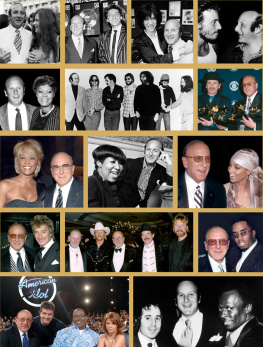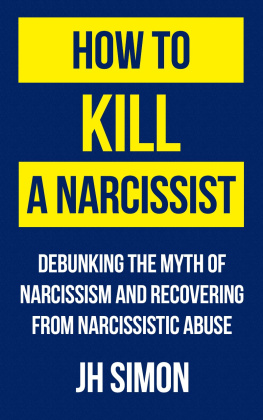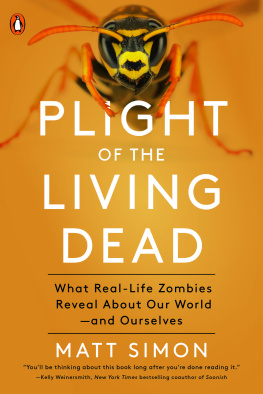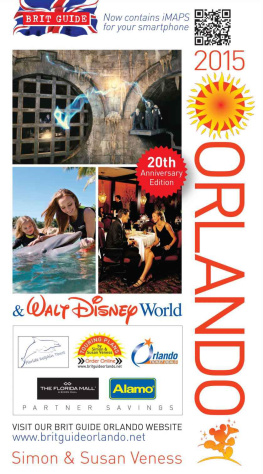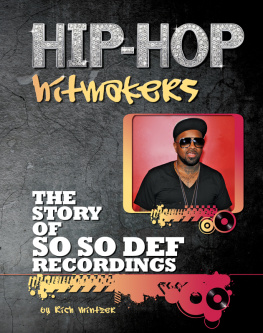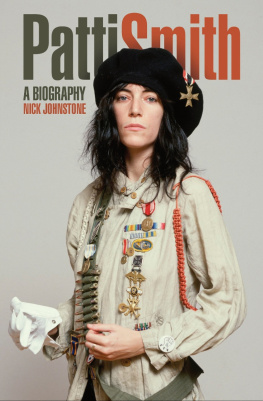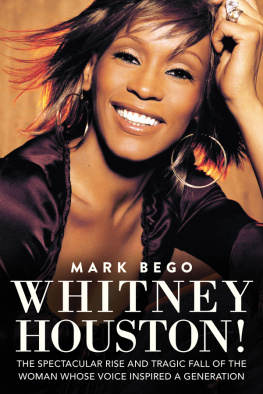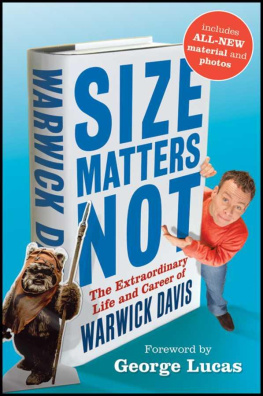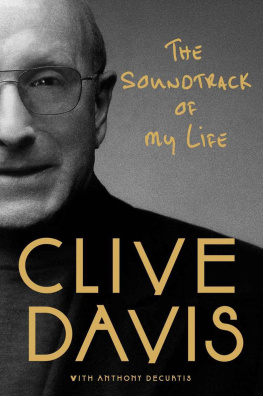Thank you for downloading this Simon & Schuster eBook.
Join our mailing list and get updates on new releases, deals, bonus content and other great books from Simon & Schuster.
C LICK H ERE T O S IGN U P
or visit us online to sign up at
eBookNews.SimonandSchuster.com
ALSO BY CLIVE DAVIS
Clive: Inside the Record Business (with James Willwerth)
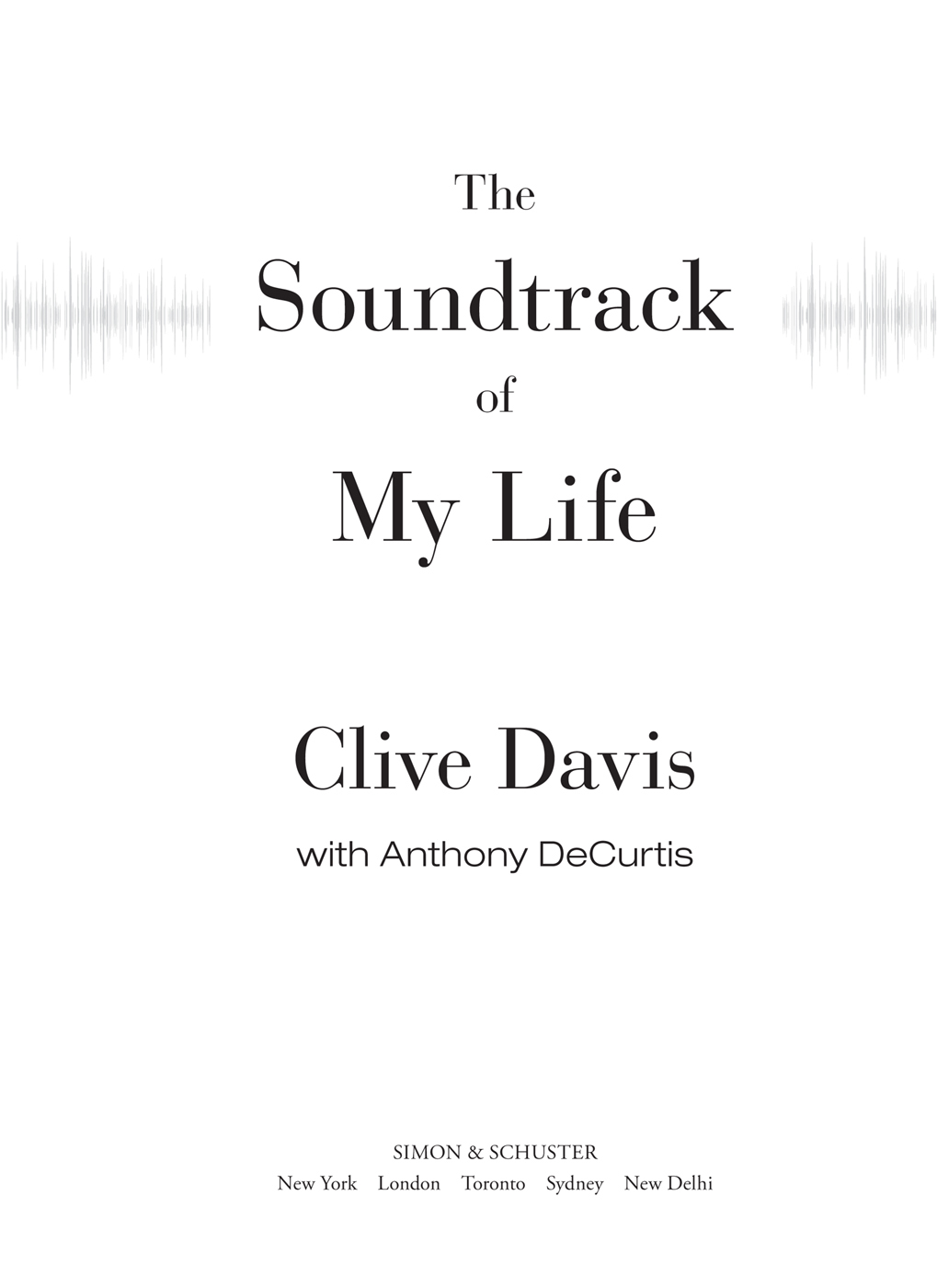

Simon & Schuster
1230 Avenue of the Americas
New York, NY 10020
www.SimonandSchuster.com
Copyright 2012 by Clive Davis
All rights reserved, including the right to reproduce this book or portions thereof in any form whatsoever. For information address Simon & Schuster Subsidiary Rights Department, 1230 Avenue of the Americas, New York, NY 10020.
First Simon & Schuster hardcover edition February 2012
SIMON & SCHUSTER and colophon are registered trademarks of Simon & Schuster, Inc.
Insert, jacket, and endpaper photo credits appear .
The Simon & Schuster Speakers Bureau can bring authors to your live event. For more information or to book an event contact the Simon & Schuster Speakers Bureau at 1-866-248-3049 or visit our website at www.simonspeakers.com.
Designed by Joy OMeara
Library of Congress Cataloging-in-Publication Data is available.
ISBN 978-1-4767-1478-3
ISBN 978-1-4767-1480-6 (ebook)
Contents
Introduction:
Welcome to the Party
P erhaps my favorite time of the year is the period at the beginning of February leading up to my pre-Grammy party. For that entire time Im holed up in the bungalow at the Beverly Hills Hotel that is my second home and, during this time, the Grammy Party War Room. My son Doug, who is a music industry lawyer, is at my side, and were intermittently surrounded by other family members and party-planning strategists. We have the layout of the ballroom at the Beverly Hilton Hotel on a large easel in front of us, with the names of the guests at the ninety or more tables each appended by magnetic tiles. I move those tiles from table to table as new inspiration strikes and news about cancellations and new RSVPs comes in. Along with the people who have already responded, we have to deal with the hundreds angling for last-minute invitations. Its the hardest thing in the world to say no, but the ballroom is only so big. What I value most about the party is how eclectic the guest list is, so its not necessarily a question of how important a person is but what he or she can add to the mix. Guests of the artists who are performing for free obviously need to be accommodated to as great a degree as possible, but other than that its simply a question of creating an unforgettable night. If people see the same folks that they see at every other music event, weve failed.
My first Grammy party took place in 1976 as a way to honor Barry Manilows nomination for Record of the Year for Mandy, a milestone for Arista Records, the label I launched in 1974. For years now the party has taken place the evening before the Grammy Awards in Los Angeles, but that year it was a brunch on the day after the event. That year I experienced the anxiety that everyone throwing a party goes through: Is anybody going to come? Happily, when Stevie Wonder walked into the room, I knew that we were onto something. Stevie, an artist whom Ive always loved and, unfortunately, only occasionally worked with, would become a regular at the parties, often taking the stage during the finale and seeming as if he would never stop playing to say good night, because he was having such a great time. Back then, I had no idea that the party would grow into the event that its become. It soon symbolized a celebration of music and the music industry, a night for once-in-a-lifetime performances capable of stirring a crowd that, for the most part, thinks theyve seen it all. Watching the likes of Gwen Stefani and Donald Trump leap to their feet as Aretha Franklin, backed by Whitney Houston and Toni Braxton, tears into Respect is just one such unforgettable moment. That the event is not televised only makes it more private and personal for the attendees.
Each year I try to seat people at tables where theyll be with people they ordinarily wouldnt meet socially. A couple like Jane Fonda and the producer Richard Perry provides an excellent opportunity to intermingle musicians and actors. Someone like Al Gore wouldnt be seated among politicos, but artists and executives who admire his brand of activism. Someone like Paul McCartney might be placed alongside acclaimed young R&B or hip-hop artists. Every celebrity is also a fan, so I look for opportunities for people to meet their heroes, or perhaps to discover new heroes and learn a bit about the history that preceded them. It restores everyones sense of why they got into show business, and especially music, in the first place. Suddenly theyre as wide-eyed as the people waiting outside the hotel for autographs.
The Grammys are almost always in Los Angeles and the timing of the party takes advantage of the fact that, along with the many musicians who live there, many artists will be in town for the ceremony. As mentioned, no one gets paid to perform, so we totally rely on the desire of artists to play for their peers. Its important that the show keep moving so, with rare exceptions, every artist is limited to two songs. The opening spot is often reserved for a rock band, like Mumford & Sons recently, because once the show has started, its harder to change the set and pop artists can more easily take the stage and perform with the house band. And regardless of genre, the musical director, Rickey Minor, ensures a level of quality that no one could match. Between sets, I like to speak to the crowd as if theyre in my living room. I relate anecdotes from my own experiences with the performers and introduce various people in the audience, both to pay respect to industry titans like Quincy Jones, Mo Ostin, Berry Gordy, and the late Ahmet Ertegun, or to let people know that a reclusive superstar like Prince or the legendary Sly Stone is on the scene. I love for younger artists to meet veteran Hall of Famers, who in turn are moved to hear from the newcomers how important an influence theyve been.
When I was starting out in the music industry, I was impressed by the shows Bill Graham used to stage at his Fillmore venues in San Francisco and New York. He wasnt afraid to challenge peoples tastes and expose them to styles of music they might never have otherwise heard. He went for the highest common denominator, not the lowest. I have tried to do that with the labels Ive run, and at the party I ignore all considerations of demographics and genre distinctions. And through the years everyone has loved it! What a treat to see Lou Reed backed up by Slash or dueting with Rod Stewart, or to hear Pink, sitting on a stool at the front of the stage and accompanied only by a guitar, deliver a beautiful and haunting rendition of Me and Bobby McGee. And sometimes its just so exciting to see artists rock the hottest song of the moment, as when Busta Rhymes and Puffy Combs lit up the room by opening the show with Pass the Courvoisier. I never announce the performers in advance of the party so that the audience gets genuinely excited by the introduction of each new act.
As Ive said, the hardest part is saying no, even to people I socialize with regularly. I had a good friend of many years write to me asking that I provide an invitation for her son, who had just gotten his first job in the music industry. His father was a prominent music business executive, so he was very well connected. Because she was a friend, I wrote her a long letter explaining that I believed it was important for her son to earn his way into such events, that it would diminish him in peoples eyes if they felt that he was getting access and other perks simply because of who his father was, not what he had done. I pointed out that many accomplished, longtime colleagues request invitations, and how would it look if I turned them down but then admitted her son? I ended by saying how much affection I held for her and her son, and hoped she wouldnt take this personally. The result? She didnt speak to me for three years!
Next page
